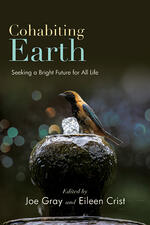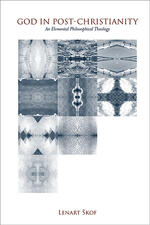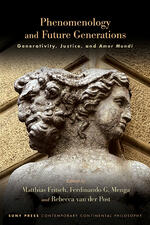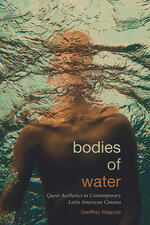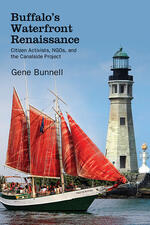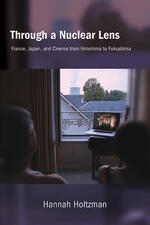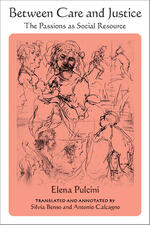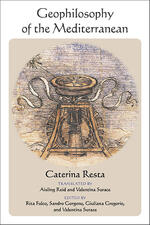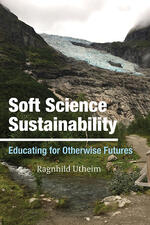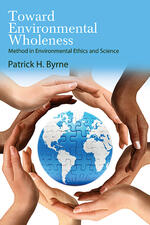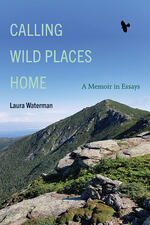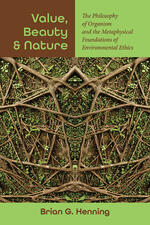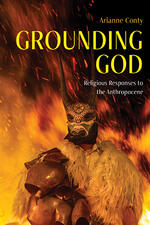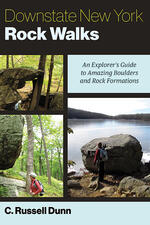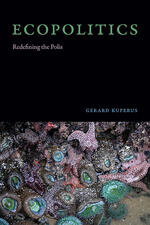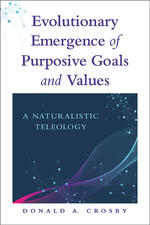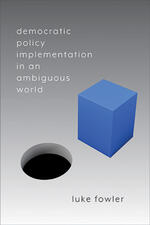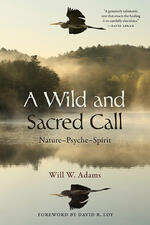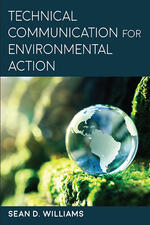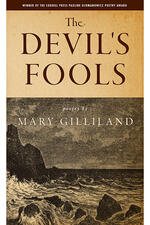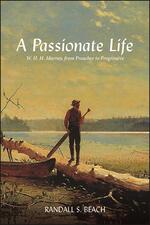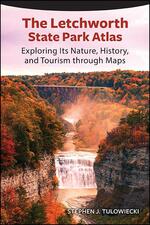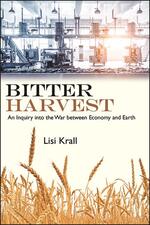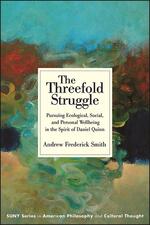Environmental Studies
Cohabiting Earth
Promotes a path of harmony between humanity and Earth by presenting a vision that is comprehensive in scope and offering a positive new identity for humanity.
God in Post-Christianity
Argues for a new elemental and sensory experience of God.
Phenomenology and Future Generations
Demonstrates the fertility of the phenomenological tradition of philosophy for intergenerational justice and climate ethics.
Bodies of Water
Explores how watery spaces provoke radical modes of screening queer corporeality in a diverse range of contemporary Latin American films.
Buffalo's Waterfront Renaissance
Recounts how preservationists and environmentalists ultimately succeeded in persuading a powerful state agency to abandon its plans for privately developing Buffalo’s waterfront and instead revitalize the city by enhancing opportunities for members of the public to use and enjoy that same space.
Through a Nuclear Lens
Examines the increasingly reciprocal nature of Franco-Japanese cultural exchange through films that center on nuclear issues.
Between Care and Justice
Proposes a form of moral education that joins care and justice to nurture and develop the desirable moral sentiments for a more just world at the interpersonal, social, political economic, and environmental levels.
Geophilosophy of the Mediterranean
Aims to rethink Europe under the sign of openness and hospitality, starting from the Mediterranean—the sea that is so important for the history of the entire West—a sea of differences with a deep unitary root conceived as a paradigm for rethinking new and original forms of social and political coexistence.
Soft Science Sustainability
Multifaceted exploration of the dimensions of education for climate justice.
Tracking Capital
Offers new ways to read the relationship between culture, ecology, and capitalism.
Toward Environmental Wholeness
Offers a unified vision for approaching human ethical responses to what science is telling us about the crises facing our environment and climate.
Calling Wild Places Home
Poignant and vulnerable essays that weave together seemingly disparate themes of wild places and mountain stewardship, books and reading, and building a new life after loss.
Value, Beauty, and Nature
Argues that, to make progress within environmental ethics, philosophers must explicitly engage in environmental metaphysics.
Grounding God
Looks at how different religious traditions (Christian, Buddhist, neopagan, and animist) have attempted to resacralize the earth and provide new values that include the more-than-human world.
Downstate New York Rock Walks
An explorer’s walking guide to downstate New York’s awesome boulders and rock formations.
Ecopolitics
Analyzes the different feelings, drives and instincts we have inherited from other species, to suggest a new understanding of ourselves as part of an eco-political community.
Evolutionary Emergence of Purposive Goals and Values
Develops and defends a philosophical account of meaning, purpose, and value in human life and experience that is naturalistic without being reductionistic or scientistic.
Democratic Policy Implementation in an Ambiguous World
Explains the complexities of policy implementation and why attempts to translate new laws into effective and enduring policy sometimes succeed and sometimes fail.
A Wild and Sacred Call
An ecopsychological, ecospiritual exploration of humankind's relationship with the rest of nature.
Technical Communication for Environmental Action
This collection engages scholars and practicioners in a conversation about the ways that Technical Communication has contributed to pragmatic and democratic actions to address climate change.
The Devil's Fools
Infused with eco-logic, informed by feminism, and taking cues from Eve, Cain, Proserpine, Ulysses, Parsifal, and selves present and past, the fifty poems of The Devil’s Fools question and illustrate myths of nature and the nature of inherited myth.
A Passionate Life
The first full biography of W. H. H. Murray (1849-1904), a Boston preacher often described as the father of the American outdoor movement and the modern vacation.
The Letchworth State Park Atlas
A visitor's companion to New York's Letchworth State Park, richly illustrated with ninety maps and thirty-five photographs.
Bitter Harvest
Explores the duality between humans and Earth through a focus on the economic system changes that began with grain agriculture and has now reached its apogee in global capitalism.
The Threefold Struggle
Drawing on the thought of novelist and cultural critic Daniel Quinn, argues it is not too late to free ourselves from a culture in which we are compelled to destroy the world, one another, and even ourselves.
